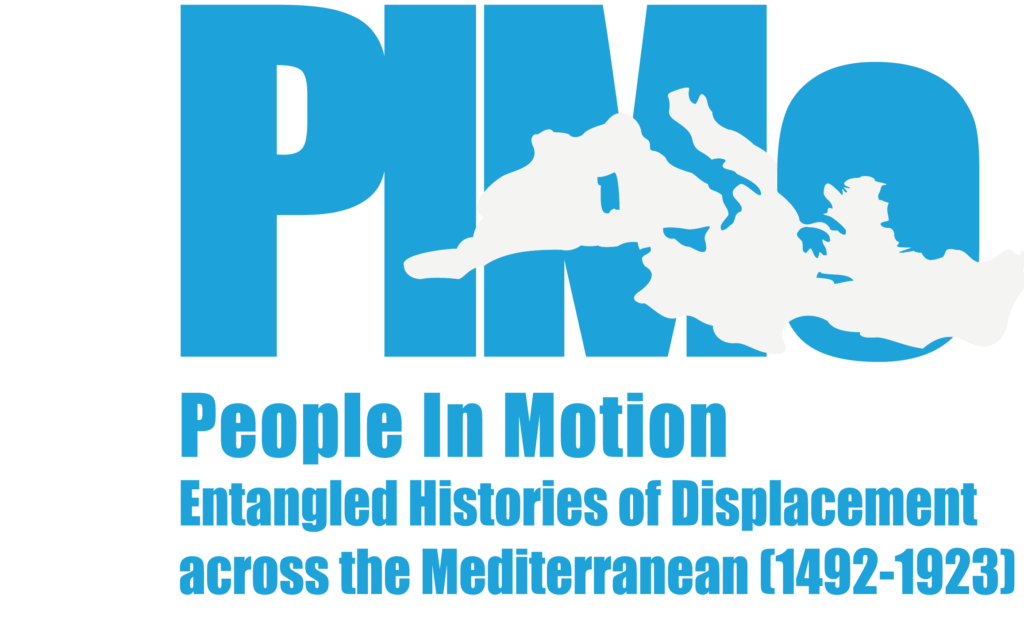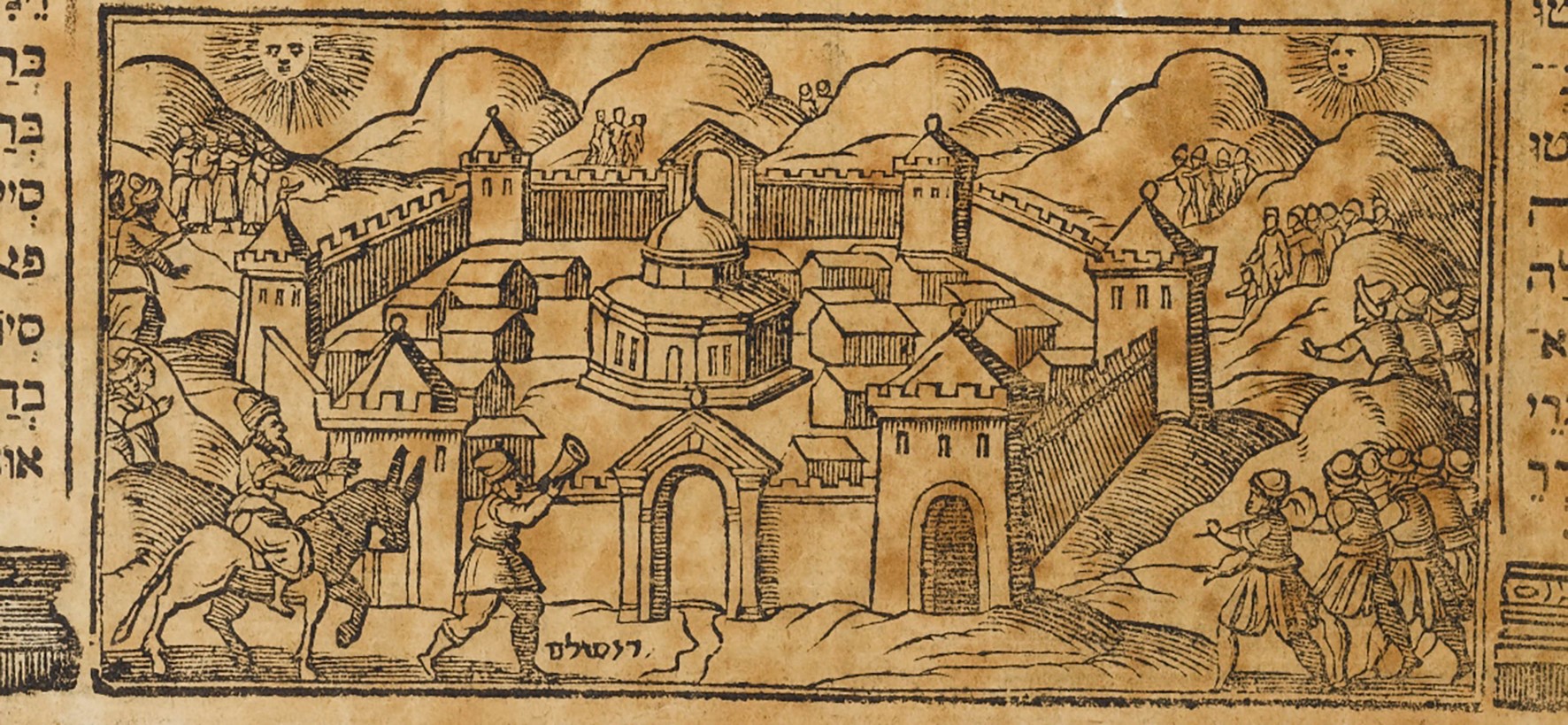On Wednesday 11 November 1665, Venetian public notary Angelo Maria Piccino received the last will of “Signora Ester Senior consort of Signore Josef Senior, Hebrewess,” penned by herself in the form of a sealed testament and handed to him, in person, in the house of her usual residence in the Ghetto Vecchio of Venice. In this document, which begins with the declaration of faith, “In the name of Adonay, Lord of Hosts, in whom I firmly believe”, Ester alludes to the material losses and childlessness that had affected her marriage; the existence of an absent sister, for whom she professed great love; and a nephew, identified as Manuel Aboab, son of her deceased brother. Among the pious dispositions, she makes bequests to her sister, her nephew, a child she had raised whom she names as “Abranelo”, and some relatives residing in Livorno and Aleppo. She also asks her executor to pay for a lamp which, in her intention, was to burn for a whole year in the holy city of Jerusalem (Fig. 1). The text of the will reflects the [...]



